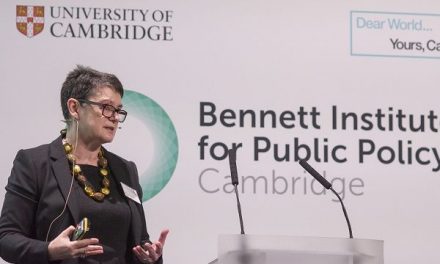
This week in the Khuta – Stifle them
It has always been the prerogative of governments to stifle the media and keep the public in the dark, in the interest of “national security” or for some other insane reason. In Namibia, all hell broke loose when government announced plans to set up a media council in 2008 and when the Communications Bill or ‘Spy Bill’ as it was referred to was adopted in 2009.
As it made provision for the interception of e-mails, short messaging service (SMS) and internet banking, it was widely seen as threatening; an attempt to regulate the media.
The absence of access to information to legislation is also a bone of contention. Recently, an expert in media law policy, said access to information remains a challenge in Namibia as well as in the rest of the southern African region as not many countries have laws guaranteeing it to the public.
Generally, I think that information is available for public use from various government ministries. However it depends on what sort of information you are looking for and whether the official you have to deal with is pompous and arrogant, and feels that he has to guard such information with his/her life even if it is just a speech delivered at some press conference.
Namibia has adopted the African Platform for Access to Information (Apai) which encourages maximum disclosure, limited exemptions and whistle-blower protection. It also obliges governments to publish information in the interest of the public.
With the Minister of Youth, National Service, Sport and Culture Kazenambo Kazenambo, stating recently that an editor of a daily newspaper published information from a leaked Cabinet document, the debate whether the media should be regulated, is bound to come up again.
Kazenambo said the editor never conducted an interview with him regarding money spent on a trip to reclaim Namibian skulls from Germany, and that all information ascribed to him in the article which appeared in the newspaper was “false and a figment of his imagination, invention and manipulation.”
We all know the Honourable Minister went crazy and resorted to name calling and tearing up the specific edition in which the article appeared. I personally think Kazenambo’s behaviour was totally unbecoming and that there were other ways in which to deal with the issue. His remarks that the Constitution can be put aside if they [white people] “scratch too far” was, to say the least, worrying.
However, we should also consider the youth minister’s allegations that he was never contacted for an interview. If this is true, then the media should also take stock of their own conduct.
At the same time, it wouldn’t be necessary for the media to publish ‘leaked’ information if government’s doors were open to the public and made information freely available.
By having access to information, the media and the general public can hold government accountable.
If government is not misusing funds or has nothing to hide, why is it always a struggle to get information of national importance out of government officials? As long as it is in the interest of the public, full public disclosure should be at the core of government duty.
The South African government approved a secrecy bill this week, which Archbishop Desmond Tutu called insulting and said it would outlaw whistle-blowing and investigative journalism and according to the Nelson Mandela Centre of Memory, the bill fails to differentiate and find a balance between free speech and protecting “legitimate state secrets”.
Of course, the African National Congress insists the bill will safeguard state secrets and national security…
I hope that such legislation does not see the light of day in Namibia. It is difficult enough to get information out of ministries such as the Ministry of Home Affairs – even longer than it takes to get a work permit or identity documents, without such a restrictive law.








































